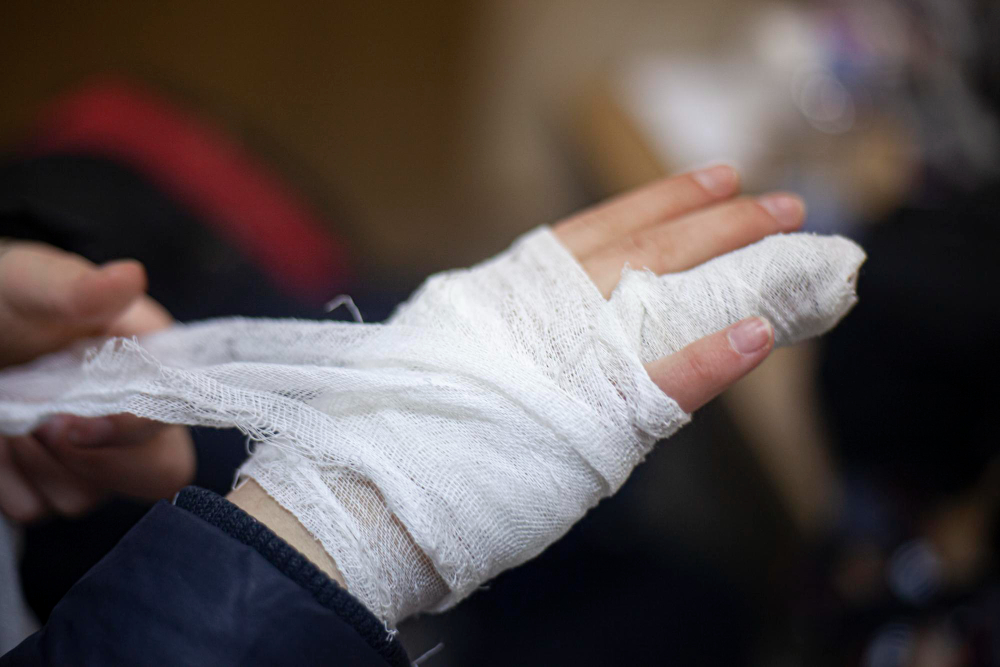
Workers' compensation is a critical safety net for employees who suffer injuries on the job. In Orlando, FL, understanding the most common types of workers' comp injuries can help both employers and employees navigate the complexities of workplace safety and legal claims. If you need help with workers' compensation in Orlando, FL, contact ARL Attorney today to arrange a free legal consultation.
Workers' compensation is a state-mandated insurance program that provides medical and wage benefits to employees who get injured or become ill due to their job. This system is designed to protect workers from the financial hardships that can arise from workplace injuries, while also shielding employers from potentially crippling lawsuits.
Workers' compensation benefits are crucial for several reasons:
These are some of the most common workplace injuries, often resulting in sprains, fractures, and other serious conditions. Wet floors, uneven surfaces, and poor lighting are typical culprits. Employers must ensure that workplaces are free from hazards that could lead to such accidents.
RSIs occur due to repetitive motions or overuse of specific body parts. Common examples include carpal tunnel syndrome, tendonitis, and bursitis. These injuries are particularly prevalent in jobs that require continuous manual labor or computer work.
Lifting, carrying, pulling, or pushing heavy objects can lead to overexertion injuries, such as back pain and muscle strains. These injuries are common in industries like construction, warehousing, and healthcare.
Workers in manufacturing and construction often operate heavy machinery, which can be dangerous if not handled properly. Accidents involving machinery can lead to severe injuries, including amputations and crush injuries.
Employees who drive as part of their job, such as delivery drivers and sales personnel, are at risk of vehicle-related accidents. These accidents can result in a range of injuries, from minor cuts and bruises to life-threatening conditions.
Workers in certain industries may be exposed to harmful substances, such as chemicals, asbestos, and other toxic materials. Prolonged exposure can lead to respiratory issues, skin conditions, and other serious health problems.
Unfortunately, workplace violence is a reality in some industries, particularly in healthcare and social services. Injuries from workplace violence can range from minor cuts and bruises to more severe physical and psychological trauma.
If you suffer a workplace injury, it's crucial to take the right steps to ensure you receive the benefits you're entitled to:
Workers' compensation benefits provide crucial support for employees who suffer injuries or illnesses on the job. It's essential for both employers and employees to understand the common types of workplace injuries and take necessary precautions to prevent them. If you are injured at work, it's important to follow the proper steps to ensure your claim is properly handled and you receive the support you need to recover. Consider consulting with a workers' compensation attorney if you encounter any challenges with your claim. Overall, creating a safe and healthy work environment should be a top priority for employers to protect their employees and prevent potential injuries or illnesses. By following safety protocols and providing proper training and resources, employers can significantly reduce the risk of workplace injuries in Orlando, FL. Remember, prevention is always better than having to deal with the consequences of an injury later on. So stay safe and take care of yourself at work!